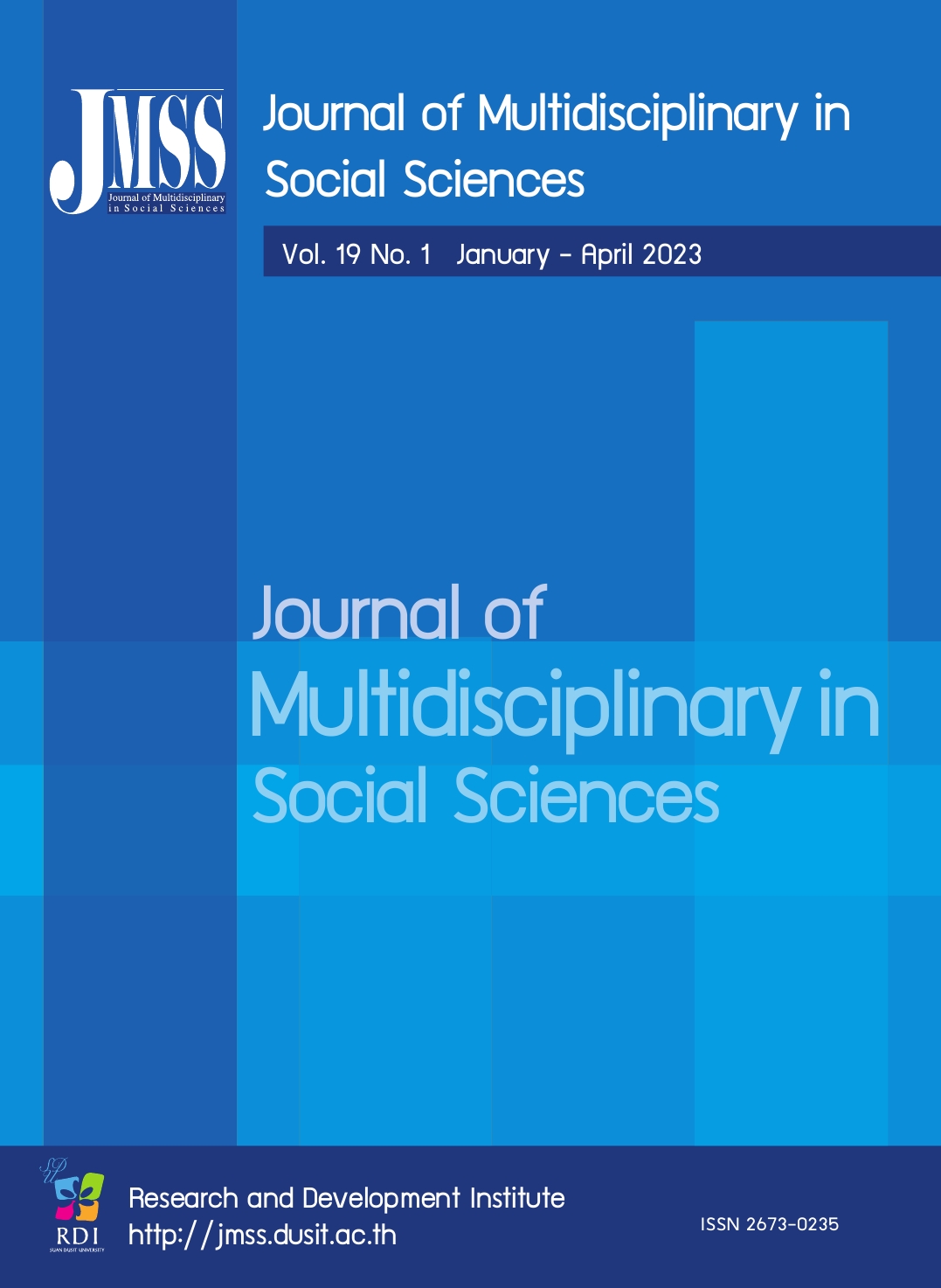Assessing Online Academic Integrity and Humanized Teaching in Zamboanga Peninsula Polytechnic State University
Keywords:
Academic integrity, Humanized teachingAbstract
This study investigates how to effectively engage students in academic honesty and allow them to learn through the essence of humanized teaching. A total of 250 teachers and students were surveyed, and in-depth analyses were carried out to assess the practices of academic integrity mechanism and the experiences of humanized teaching among teachers and students. The findings suggest that the institution has the role to introduce new strategies to implement policies on academic integrity to increase the honesty of the students. The institution must control the learning setting to encourage students to remain honest. Clearly, social, cognitive, and teaching presences are highly prevalent in educational systems. Cognitive presence is the most remarkable component of humanized teaching. It is statistically different from computer literacy, indigent status, and course types. Organizational and institutional contexts are also relevant to academic integrity. For learners to be encouraged in continuing a productive academic experience, the degree of personal connection, competence, autonomy, or independence should be included in humanized teaching. The study is significant for Higher Education to elaborate and formulate their goals for humanized teaching and learning while upholding academic integrity.
References
Akbar, A., & Picard, M. (2020). Academic integrity in the Muslim world: A conceptual map of challenges of culture. International Journal for Educational Integrity, 16(1), 1-20.
Allen, I. E., & Seaman, J. (2017). Digital learning compass: Distance education enrollment report 2017. Babson Park, MA: Babson Survey Research Group, e-Literate, and WCET.
Cassidy, A., Fu, G., Valley, W., Lomas, C., Jovel, E., & Riseman, A. (2016). Flexible learning strategies in first through fourth-year courses. Collected Essays on Learning and Teaching, 9, 83-94.
Crittenden, V. L., Hanna, R. C., & Peterson, R. A. (2009). The cheating culture: A global societal phenomenon. Business Horizons 52, 337–346. doi:10.1016/j.bushor.2009.02.004
Demir-Yildiz, C., & Tatik, R. S. (2019). Impact of flexible and non-flexible classroom environments on learning of undergraduate students. European Journal of Educational Research, 8(4), 1159- 1173.
Dyumin, A. (2018). The academic integrity violations detection system for data science course on the MOOC-platform. In 2018 19th IEEE Mediterranean Electrotechnical Conference (MELECON) (pp. 52-57). IEEE, Morocco: Marrakech.
Elizabeth, E. (2016). An ethical dilemma: Talking about plagiarism and academic integrity in the digital age. The English Journal, 47-53.
Fránquiz, M., & Salazar, M. (2004). The transformative potential of humanizing pedagogy: Addressing the diverse needs of Chicano/Mexicano students. High School Journal, 87(4), 36–53.
Freire, P. (1970). Pedagogy of the oppressed. New York: Continuum. Hendershott, A. (1999). Gender and academic integrity. Journal of College Student Development, 40(4), 345–354.
Holden, O. (2021). Academic integrity in online assessment: A research review. Frontiers in Education. 6, 258-270.
Iowa Core. (2010). 21st century skills. Retrieved March 20, 2019 from https://iowacore.gov/iowa-core/subject/21st-century-skills
Joan, D. R. (2013). Flexible learning as new learning design in classroom process to Promote quality education. Journal on School Educational Technology, 9(1), 37-42.
Lanier, M. M. (2006). Academic integrity and distance learning. Journal of Criminal Justice Education, 17(2), 244-261. doi:10.1080/10511250600866166
McCabe, D. L., Butterfield, K. D. & Trevino, L. K. (2012). Cheating in college: Why students do it and What Educators can do about it. Baltimore, MD: Johns Hopkins University Press.
McCabe, D. L., Butterfield, K. D., & Trevino, L. K. (2003). Faculty and academic integrity: The influence of current honor codes and past honor code experiences. Research in Higher Education, 44(3), 367–385.
Morris, E. (2018). Academic integrity matters: Five considerations for addressing contract cheating. International Journal for Educational Integrity, 14(1), 15. Razek, N. (2014). Academic integrity: A saudi student perspective. Academy of Educational Leadership Journal, 18(1), 143.
Roman, A. G. (2018). Minimizing plagiarism incidence in research writing in one state university in the Philippines. Asian Journal of Multidisciplinary Studies, 1(1), 27-33.
Roorda, D. L., Koomen, H. M., Spilt, J. L., & Oort, F. J. (2011). The influence of affective teacher–student relationships on students’school engagement and achievement: A meta-analytic approach. Review of educational research, 81(4), 493-529.
Shurville, S., O'Grady, T., & Mayall, P. (2008). Educational and institutional flexibility of Australian educational software. Campus-wide information systems, 25(2), 74–84.
Tolman, S. (2017). Academic dishonesty in onlinecourses: Considerations for graduate preparatory programs in higher education. College Student Journal, 51(4), 579-584.
Watson, G. R., & Sottile, J. (2010). Cheating in thedigital age: Do students cheat more in online courses?.
Yang, T., Wang, Y., Deng, J., & Huang, C. (2021).Attitude, social norms, and perceived behavioral control influence the academic integrity-related behavioral intentions of graduate students. Social Behavior and Personality: an international journal, 49(4), 1-12.
Downloads
Published
How to Cite
Issue
Section
License

This work is licensed under a Creative Commons Attribution-NonCommercial-NoDerivatives 4.0 International License.








